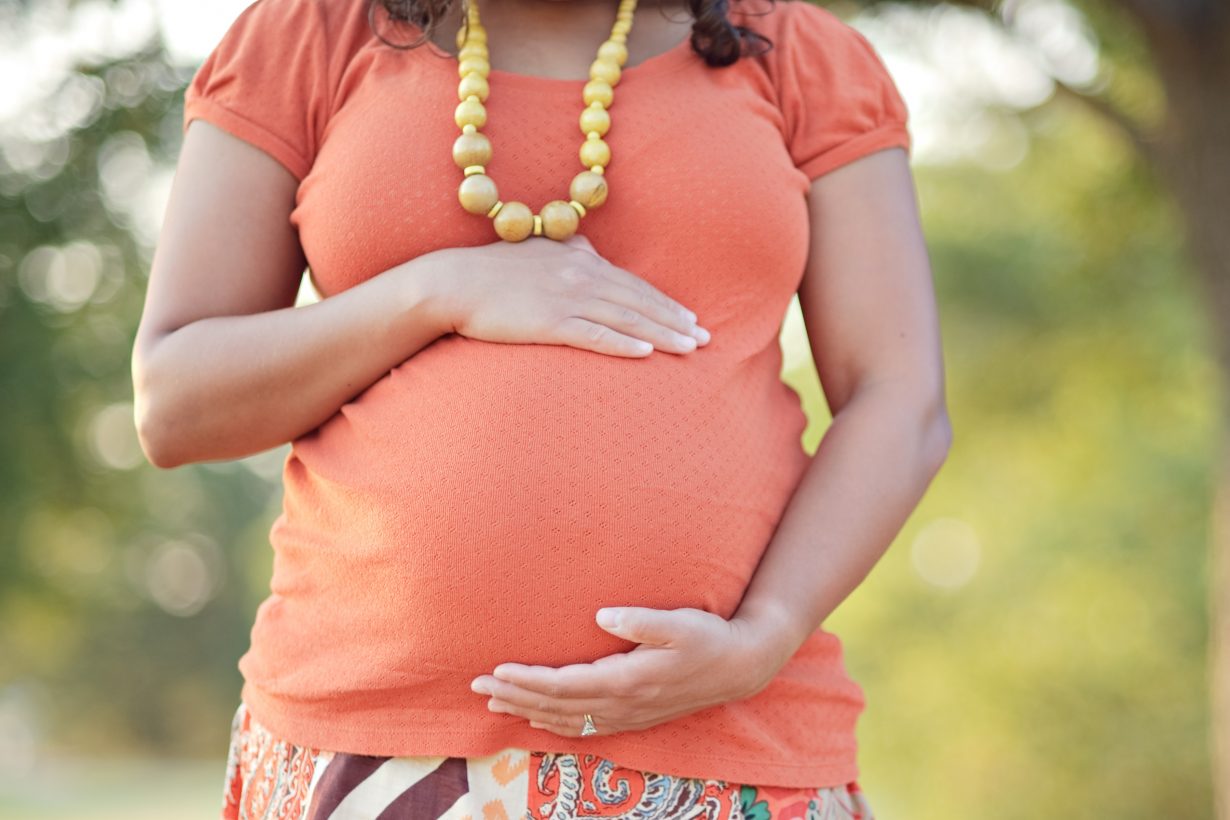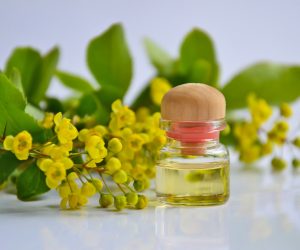
Chemicals Found in Everyday Products Found to Be Harmful to Fertility
University at Albany, State University of New York via Newswise – ALBANY, N.Y. (Nov. 1, 2021) – Three studies led by a University at Albany PhD student found that a group of chemicals found in many plastic products are harmful to women who are pregnant and to couples planning a pregnancy – yet the products are often not on the list of things to be avoided.
Phthalates — a group of chemicals used to make plastic more flexible, found in items ranging from toys to personal care items and flooring — have long been thought to be associated with infertility but the results have been inconsistent, explained Thoin F. Begum, an environmental health sciences PhD student who led the recent studies.
“Phthalates are known to be disruptors to the endocrine system, but the extent and exact outcomes of the exposure is still relatively unknown,” Begum said. “Animal studies have shown that phthalates are reproductive toxicants, so we wanted to determine if phthalates are linked to any reproductive outcomes in humans.”
In three separate studies, published in the International Journal of Hygiene and Environmental Health, Reproductive Toxicology and Reviews on Environmental Health, Thoin and colleagues found that several of the environmental chemicals are indeed harmful to the reproductive process and can have harmful effects on the fetus.
In one of the studies, the team enrolled over 30 couples visiting a fertility clinic in San Francisco to examine their lifestyle and behavioral patterns, and collected urine samples to determine how much and what types of environmental chemicals they were exposed to. The analysis showed that women who applied several lotions, moisturizers and other personal care products had more exposure to lower molecular weight phthalates, while women who applied nail polish and perfume had more high molecular weight phthalates in their bodies. The male partners of the women who used of lotions and moisturizers also were associated with high molecular weight phthalates, indicating that both women and men face exposure to phthalates through the use of personal care products.
When they looked at both partners’ phthalate exposure, the researchers found that greater exposure to the phthalates specific to personal care products (MBP, MHxP and MEHP) were associated with lower likelihoods of a successful pregnancy and live birth. Additionally, the male partner’s exposure to phthalates also mattered when considering the likelihood of conception and having a live baby — suggesting that when thinking about becoming pregnant, both partners should be aware that using personal care products may lead to unwanted exposure to phthalates.
“Pregnant women and those planning a pregnancy, including the woman’s partner, should limit their exposure to these chemicals by not using products such as nail polish and perfume, cologne, hair dyes and a slew of other personal care products,” Begum said. “Interestingly enough, and of concern, these things are often not on the list provided by doctors of things couples should avoid during a pregnancy or while planning one.”
Begum worked with associate professors Beth Feingold and Xiaobo Romeiko, professor David Carpenter, as well as fellow student Celeste Butts and Michael Bloom, Begum’s MS advisor who is currently at George Mason University. Colleagues at University of California at San Francisco also participated in the research.
Though the three peer-reviewed studies indicated that phthalates are a reproductive toxicant, Begum noted that more research on phthalates overall is needed.
“While it is quite clear that phthalates are reproductive toxicants, the other effects are a bit unclear,” she noted. “Phthalates appear to be thyroid antagonists in that they reduce thyroid hormone levels with multigenerational and persistent effects. In our review, we found that exposure to phthalates may be associated with a wide range of other health outcomes aside from reproductive outcomes and this requires further research.”
To read the original article click here.






